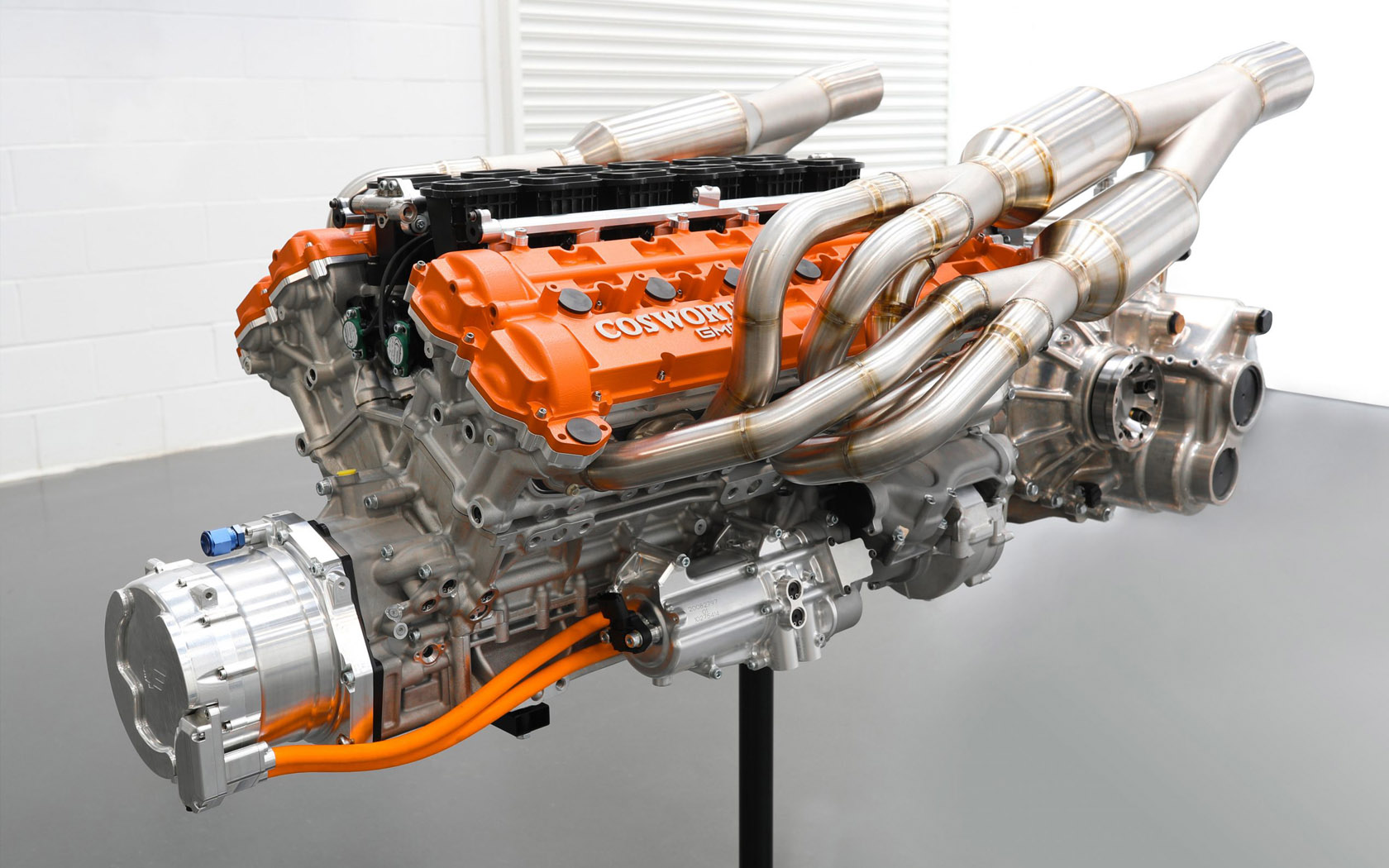Exactly How Engines For Africa Delivers Value and Performance
A Complete Overview to Choosing the Right Engine for Your Job
Picking the proper engine for your task is an essential decision that can significantly impact its total success. Each of these components plays a crucial duty in making sure that your picked engine not only satisfies immediate goals but additionally lines up with long-term desires.
Define Your Job Demands
Defining your task needs is a critical step in choosing the ideal engine for successful application. A detailed understanding of your job's objectives will guide you in identifying the features and capabilities needed from an engine. Begin by describing the range of your project, consisting of the preferred functionality, target audience, and the specific end results you intend to achieve.
Next, think about the technical demands that line up with your task objectives. This consists of examining the compatibility of the engine with existing systems, along with the programming languages and frameworks that will be made use of. Additionally, analyze the degree of scalability required to fit future development or changes sought after.
Spending plan restrictions also play an important role in defining your project needs. Establish a clear monetary framework to assist your decision-making procedure, making sure that the engine selected fits within your budget plan while giving the required functionality.
Evaluate Performance Demands

Engines that support horizontal scaling are frequently preferable for bigger applications. Furthermore, evaluate the engine's performance under various problems, such as peak usage circumstances, to ensure it fulfills your dependability standards.
Take Into Consideration Convenience of Use
While technical specifications are vital, the convenience of use of an engine can considerably influence the development procedure and overall project success. An user-friendly interface, clear documentation, and structured process can significantly decrease the learning contour for programmers, enabling them to focus on imagination and problem-solving rather than facing complex devices.
When examining an engine's convenience of usage, take into consideration the onboarding experience. A well-structured introduction, full with tutorials and sample jobs, can help with a smoother change for brand-new individuals. Additionally, the quality and comprehensiveness of the engine's documentation play a crucial role; extensive guides and API references can empower programmers to repair and carry out functions successfully.
An additional element to think about is the engine's personalization capacities. An engine that allows for easy alterations can be much more user-friendly, as programmers can tailor it to fit their specific requirements without extensive trouble. Evaluate the process assimilation with devices and systems you currently use. A cohesive community can enhance efficiency and reduce friction during the growth process. Ultimately, picking an engine that prioritizes ease of use can lead to a more productive and enjoyable advancement experience.
Assess Area and Support
The toughness of an engine's area and assistance network can considerably affect a programmer's experience and success. A dynamic community often suggests a wide range of common expertise, resources, and repairing help that can improve your job's advancement procedure. When evaluating an engine, take into consideration the dimension and task level of its community. Bigger communities usually use extra discussion forums, tutorials, and third-party plugins, enabling designers to find services extra successfully.
Furthermore, examine the accessibility of main assistance networks. Reliable paperwork, responsive customer support, and routine updates are essential for dealing with technical concerns and maintaining your job on track. Engines For Africa. Energetic neighborhoods likewise foster partnership, offering opportunities for networking and responses, which can be invaluable, especially for independent developers or little groups
Additionally, explore the visibility of community-run occasions, such as meetups or hackathons. These events can improve your understanding of the engine while attaching you with prospective partners and skilled customers. In summary, a durable neighborhood and support group not only simplify see here growth yet her response also produce an environment helpful to finding out and advancement, ultimately improving the likelihood of your project's success.
Contrast Expense and Licensing Choices
Spending plan considerations play an important role in choosing the right engine for your task, as the expense and licensing choices can considerably affect both short-term costs and long-lasting viability. Engines For Africa. Various engines use differing rates structures, which can consist of single acquisition costs, membership versions, or revenue-sharing arrangements based on your project's revenues

Accrediting options also differ dramatically. Some engines are open-source, offering versatility and community-driven assistance, while others may require proprietary licenses that limit usage and circulation. Comprehending the implications of each licensing version is important, as it affects ownership legal rights, future scalability, and possible legal responsibilities.
Final Thought
To conclude, selecting the ideal engine for a job requires a comprehensive examination of specified task needs, performance demands, ease of usage, area assistance, and expense considerations. By methodically resolving these crucial variables, decision-makers can guarantee placement with both future and current task needs. An educated selection inevitably improves the probability of project success, allowing efficient source appropriation and maximizing possible have a peek at this website outcomes within the defined budgetary restrictions.
Selecting the proper engine for your project is an important decision that can considerably affect its overall success.Specifying your task requires is a vital step in picking the ideal engine for successful implementation. A thorough understanding of your project's purposes will certainly guide you in recognizing the capabilities and attributes called for from an engine.Once you have a clear understanding of your job needs, the following action is to review the performance demands of the engine.In verdict, selecting the proper engine for a project necessitates a thorough examination of specified task demands, performance needs, simplicity of use, community support, and price considerations.